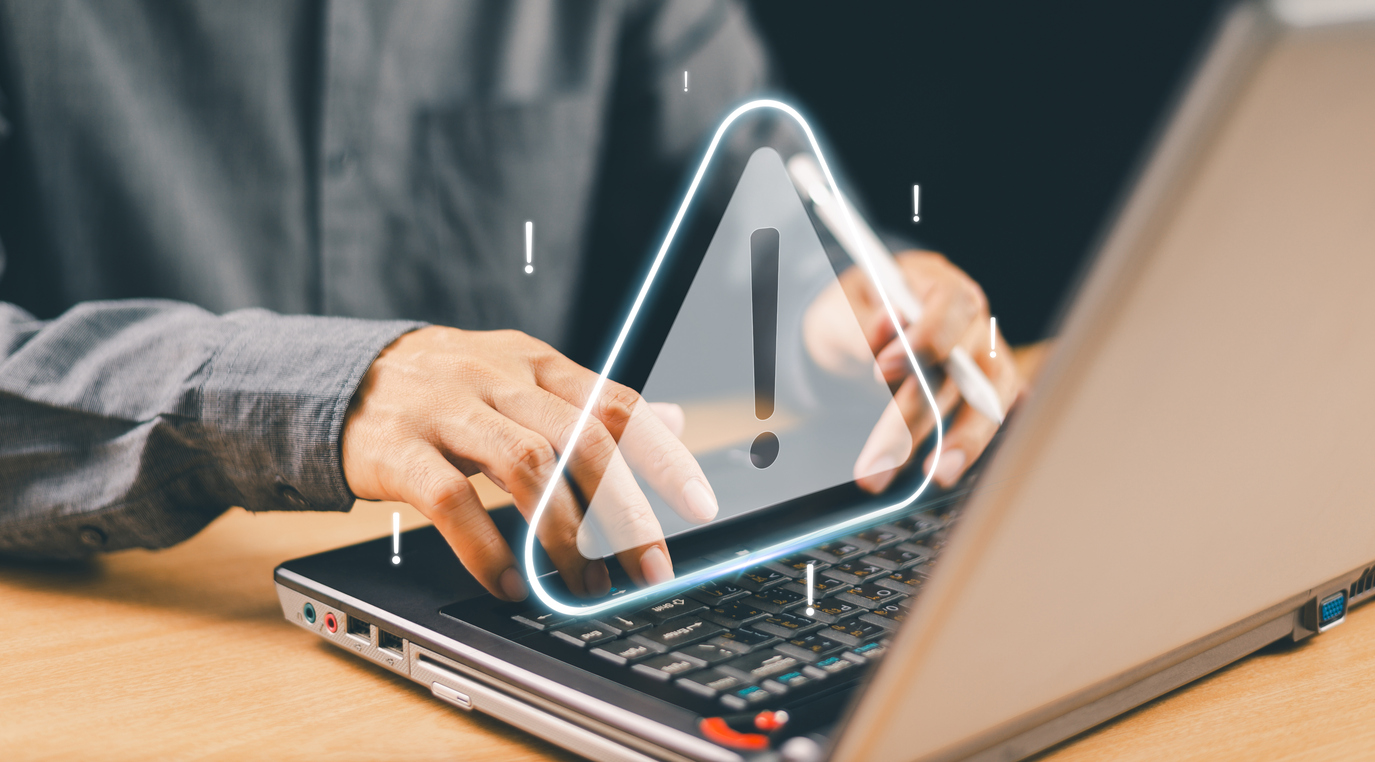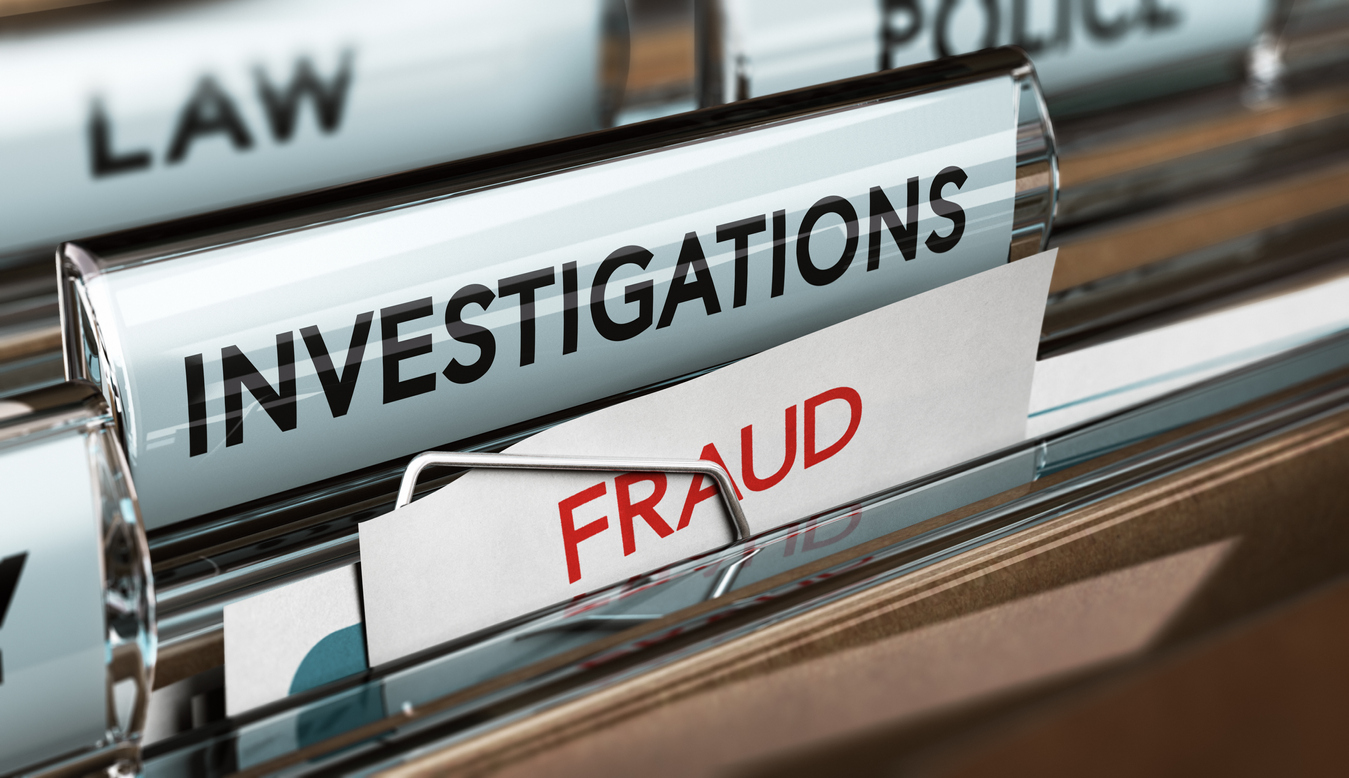COVID-19 has sent shockwaves throughout much of the insurance world. Insurance company stocks have been some of the worst performing since the virus went, well… viral, in anticipation of declines in profits due in part to COVID-related claims.
Much of the public discussion thus far has centred on business interruption coverage, and whether commercial property insurance policies respond to COVID-related lockdowns and the lost profits they have caused; multiple lawsuits have been commenced in Canada.
Less talked-about has been the impact that COVID-19 has had, and will continue to have, on fraud-related claims of various types. Yet it is very possible that the major increase in insurance payouts stemming from COVID-19 will be related to precisely these areas. In a May 2020 survey by the Association of Certified Fraud Examiners, over two-thirds of respondents noted an uptick in the level of observed fraud following the outbreak of COVID-19, and almost all respondents anticipate an increase in fraud levels over the coming year. This article explains why.
Changes in Business Operations
Expect to see more fidelity insurance claims in the coming months.
Employee fraud can remain hidden for a long time, but in order for this to happen it is often necessary for the fraudster to maintain control over key processes within the business.
For example, in an accounts receivable lapping scheme an employee who is in charge of both receiving customer payments and recording them in the company’s books can steal a payment coming in from Customer A, and apply other payments from Customers B and C to this account to mask a portion of the theft. This can carry on for quite some time, with the discrepancy between the real accounts receivable balance and the balance recorded on the books gradually growing quite large without being detected.
But a scheme like this requires the employee to maintain tight control over many different financial functions: invoicing, collections, bookkeeping and banking. When the business is forced to mix up these functions due to social distancing guidelines (with, for example, all payments being made directly to the owner), the scheme will be uncovered, as the employee committing the fraud will no longer be able to move payments around to mask delinquent accounts.
Changes in Business Results
Expect to see more claims against directors and officers, as well as auditors.
Many fraudulent schemes are premised on an economy that is either stable or growing. Think Ponzi schemes: initial investors receive outsized returns on their money, funded in large part by new influxes of money from new investors. The scheme can persist for some time, adding layer after layer when the economy is expanding. But the house of cards will come crashing down if investors experience a wealth shock when the economy turns and need to pull their (non-existent) money out all at once. It is no coincidence that the Bernie Madoff scandal was uncovered when it was, in 2008.
While the above example is one of investor fraud, the same principles will apply to other areas. Businesses reporting rapid sales growth can get away with inflating revenues as long as they can stuff those “revenues” into inflated accounts receivable (or, in the recent case of Wirecard, into fraudulent cash balances). They may be able to borrow or raise new equity from their paper profits, so long as they continue to show growth.
In an economic downturn, however, when the spigot of investor cash is shut off and most companies are feeling a crunch to their liquidity, the cash pinch can come much more quickly to firms whose balance sheets show fraudulent assets that cannot be converted into cash.
Social Engineering Fraud/Cyber Fraud
And expect more claims related to cyber fraud.
This is an area that has already begun to manifest itself in higher claims volumes. To cite but one example, Beazley has reported a 25% increase in ransomware attacks in the first quarter of 2020 alone.
With more employees communicating via email as opposed to face-to-face, and more companies relying heavily on their IT networks to continue operating, the opportunities for various types of cyber-related fraud are heavily amplified. Requests for corporate spending that used to be made in person or with hard copies of purchase orders are now being made electronically from plausible-looking email addresses using only slightly implausible syntax. Some people are getting fooled.
Some of these online schemes are quite elaborate. For example, in some instances fraudsters have set-up fake company Facebook pages, and post that they will be giving a limited number of people free products in exchange for sharing the page. The post includes instructions to follow a link to confirm entry into the giveaway. You can imagine what happens when you click on the link.
Conclusion
Legendary investor Warren Buffett once said that it is only when the tide goes out that one discovers who’s been swimming naked. Periods of economic crisis can certainly bring out the worst in people; but they can also (as Buffett alludes) bring to light wrongdoing that has been going on for years. While the future course of the global pandemic remains uncertain, the increase in reported fraud is as predictably certain as the changing of the tides.
Ephraim Stulberg, CPA, CA, CBV, CFF is a partner in the Toronto office of MDD Forensic Accountants. His practice is devoted to the areas of economic loss quantification, business valuation and investigative accounting.
The statements or comments contained within this article are based on the author’s own knowledge and experience and do not necessarily represent those of the firm, other partners, our clients, or other business partners.























